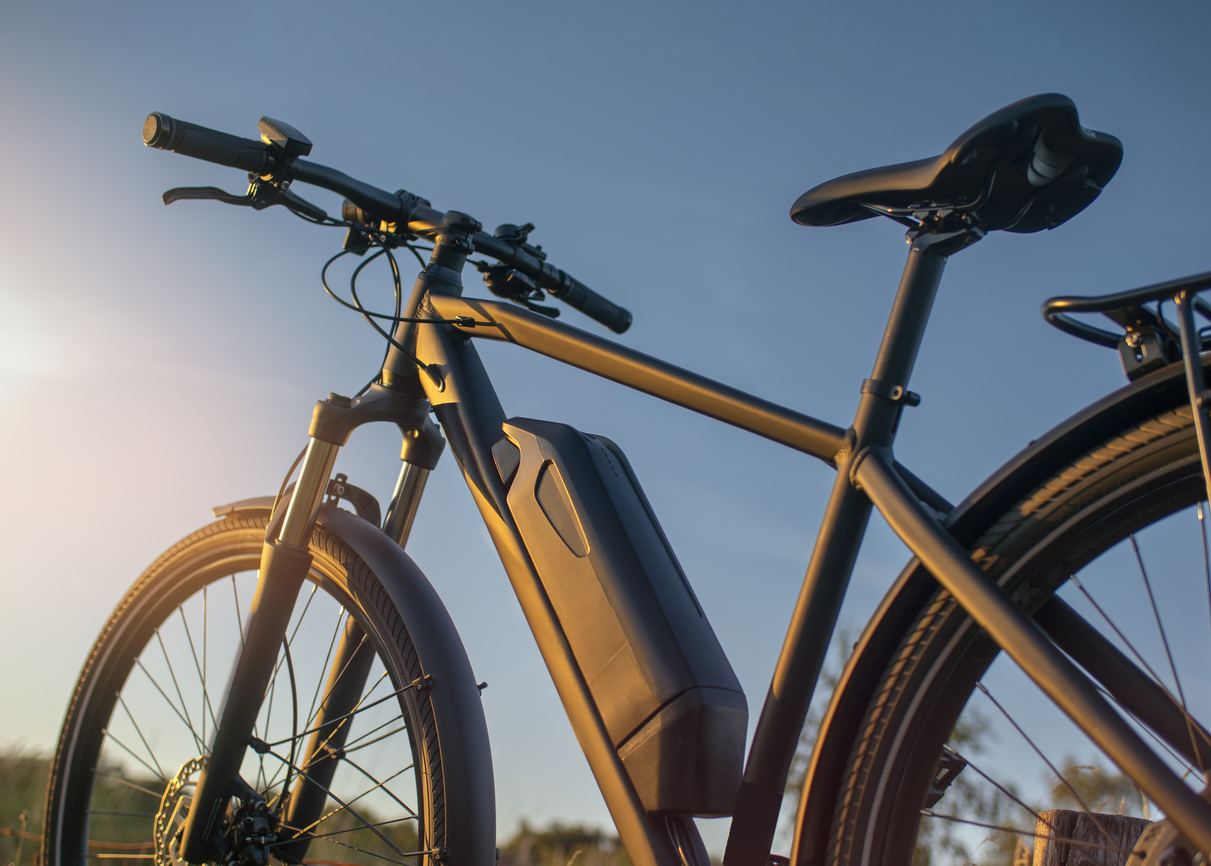E-bikes, or electric bikes, have rapidly gained popularity as a sustainable and cost-effective mode of transportation. With advancements in technology and growing demand, e-bikes have become more affordable than ever before. These eco-friendly vehicles offer a convenient and efficient way to navigate through urban areas, making them a game-changer for urban commuting. If you’re interested in these affordable e-bikes, you can find the best deals with an online search right now.

Initial Cost Savings
When compared to traditional motorized vehicles, the initial cost of purchasing an e-bike is significantly lower. E-bikes generally come in a wide range of price points, allowing consumers to find options that fit their budget. Furthermore, the cost of e-bikes has decreased over the years due to advancements in battery and motor technology, making them more accessible to a broader audience.
Reduced Fuel and Maintenance Costs
One of the key advantages of e-bikes is their low operating cost. E-bikes are powered by electricity, which is a more cost-efficient energy source compared to gasoline. The cost of charging an e-bike's battery is minimal, especially when compared to the expenses associated with filling up a gas tank. Additionally, e-bikes have fewer moving parts than traditional motorcycles or cars, resulting in lower maintenance costs over time.
Government Incentives and Subsidies
In various countries and cities, governments are recognizing the potential of e-bikes to reduce traffic congestion and carbon emissions. As a result, some regions offer incentives and subsidies to encourage the adoption of e-bikes. These incentives may include tax credits, rebates, or financial assistance for purchasing an e-bike, further reducing the overall cost for consumers.
E-Bike Sharing Programs
E-bike sharing programs have become prevalent in many cities, offering an affordable alternative for short-term use. These programs allow users to rent e-bikes for a specific duration, typically using a mobile app. By utilizing e-bike sharing services, commuters can save money on transportation costs, especially for short trips and last-mile journeys.
Health Benefits and Reduced Healthcare Costs
Using an e-bike for daily commuting contributes to improved health and fitness. Commuting by e-bike involves some physical activity, which can help users stay active and maintain a healthy lifestyle. Regular physical activity is associated with a reduced risk of chronic diseases, potentially leading to lower healthcare costs in the long run.
Cost-Effective Eco-Friendly Transportation
E-bikes offer a green and sustainable mode of transportation that significantly reduces the carbon footprint compared to conventional vehicles. By opting for an e-bike, commuters can play an active role in reducing air pollution and contributing to a cleaner environment. Choosing eco-friendly transportation aligns with the global effort to combat climate change and protect the planet for future generations.
Long-Term Investment
Investing in an e-bike is not just a short-term cost-saving measure; it is also a long-term investment. E-bikes are durable and well-built, capable of withstanding various weather conditions and regular use. With proper maintenance, an e-bike can provide reliable transportation for years, making it a cost-effective choice in the long run.
Less Congestion, Faster Commutes
The use of e-bikes can help alleviate traffic congestion in urban areas. E-bikes can navigate through traffic more efficiently, especially during peak hours, resulting in faster commutes. Avoiding traffic jams and reducing commute times can save both time and money for commuters.
Employer Incentive Programs
Some forward-thinking employers recognize the benefits of encouraging employees to use e-bikes for commuting. As a result, some companies offer incentive programs to employees who use e-bikes as a means of transportation. These incentives may include subsidies for purchasing an e-bike, providing bike-friendly amenities at the workplace, or offering additional benefits as part of an eco-friendly initiative.
Conclusion
The affordability of e-bikes has transformed the way people commute in urban areas. With cost savings on fuel, maintenance, and initial purchase, e-bikes present a budget-friendly alternative to traditional motorized vehicles. Government incentives, sharing programs, and employer initiatives further enhance the accessibility and appeal of e-bikes. Beyond cost savings, e-bikes contribute to a cleaner environment, improved health, and reduced traffic congestion. As e-bike technology continues to evolve and more cities adopt bike-friendly infrastructure, e-bikes are expected to play an increasingly significant role in the future of urban commuting. With all these benefits combined, e-bikes have become a revolutionary transportation solution that makes urban commuting cheap, convenient, and eco-friendly.

